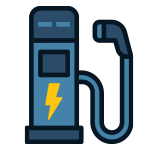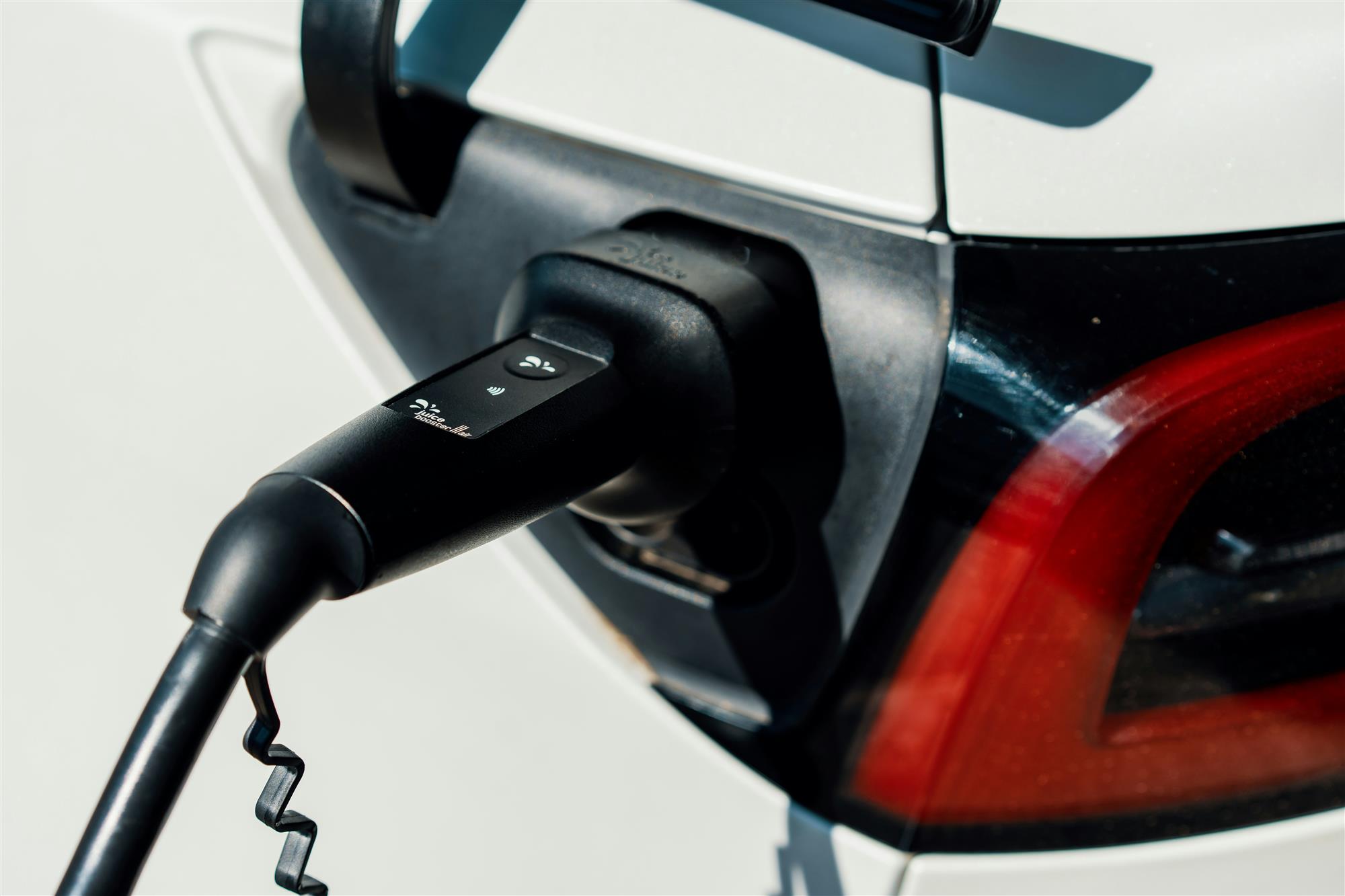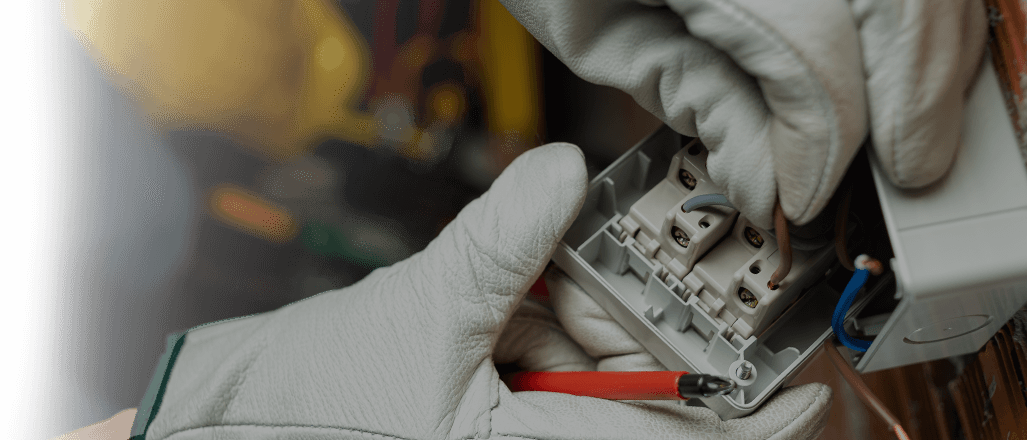Rivian EV Charger Installation in Southeastern Wisconsin
Level 2 Rivian Charging
Ideal Electric provides professional residential EV charger installation for Rivian drivers throughout Southeast Wisconsin. Whether you own the rugged Rivian R1T pickup, the adventurous R1S SUV, or any of the latest Rivian models, having the electrical infrastructure in place to run level 2 charging is crucial to keeping your ride charged for your commuting lifestyle.
Our fast EV charger installation is customized to meet the needs of local Rivian electric vehicle owners. With experience installing Level 2 charging infrastructure for many EV models, we ensure a seamless transition to an electric lifestyle. Experience the convenience of a professionally installed Rivian EV charging solution right at your Southeast Wisconsin home.
Get Quality Service
Rivian Electric Vehicle Charger Installation
Once you've invested in a Rivian electric vehicle, rely on the experts at Ideal Electric to properly integrate a home charging station per Rivian’s specifications. Rivian is making significant strides in the electric vehicle market with its innovative R1S SUV and R1T pickup truck. The 2025 models feature advanced technological improvements, including a new electrical architecture that reduces wire weight by over 44 pounds and offers impressive performance capabilities.
The R1S now comes with multiple battery options, including a lithium-iron-phosphate Standard pack delivering 270 miles of range, and a Max pack capable of up to 410 miles of driving range. 
Common Rivian Models We Install Charging Equipment For
- Rivian R1T
- Rivian R1S
- Rivian R2
- Rivian R3
EV Chargers For Rivian Vehicles
Rivian electric vehicles, including the R1T pickup and R1S SUV, feature a charging port located on the driver's side rear of the vehicle. They utilize both a standard SAE J1772 port for Level 2 charging and a CCS Combo for DC fast charging. With a Level 2 home charger, Rivian vehicles can be fully charged in under 8 hours, ensuring you're always ready for your next adventure.
 Level 2 Chargers for Rivian EVs
Level 2 Chargers for Rivian EVs
For much faster charging at home, Rivian recommends Level 2 solutions, such as the Rivian Wall Connector. Operating on a 240V circuit, similar to an electric dryer, Level 2 charging can replenish 10-25 miles of range per hour, depending on your Rivian model. The Rivian Wall Connector, when hardwired for a 48A circuit, can fully recharge the R1T or R1S battery pack in as little as 8 hours.
Level 2 is the preferred home charging method for most Rivian EV owners, offering the convenience of quickly recharging overnight. The Rivian Wall Connector provides smart features like connectivity and scheduling controls via Wi-Fi. Professional installation by a licensed electrician like Ideal Electric ensures safe operation on a dedicated 240V circuit.
Breakdown of EV Charging Levels
- Level 2: 240v 30 amp, adds around 17 miles of range per hour
- Level 2 (upgraded): 240v 50amp, adds around 25 miles of range per hour
What to Consider Before Installing a Rivian EV Charger at Home

Acquiring a Portable Charging Cable
Before installing a home charging station for your Rivian electric vehicle, there are several important considerations. Unlike some other EV brands, Rivian vehicles do not come with a standard portable charging cable, so you’ll need to purchase one separately or through a licensed electrician.
Charger Location
Location is a key factor—while outdoor charger installation is possible, the challenging Wisconsin weather makes garage placement the most ideal. An attached garage near your home’s electrical panel allows for a simpler hardwired installation. If your charging station needs to be installed in a detached garage, additional wiring conduit may be required to connect to your electrical service.
Proper planning for your charging equipment and its location will ensure a smooth and convenient home charging setup for your Rivian EV. Consult with Ideal Electric, and our professional electricians will help guide you through the installation process.
Rivian EV Battery Health Recommendations
To maintain optimal battery health in your Rivian EV, it's recommended to avoid frequent deep discharges and keep the battery charge level between 20% and 80% for daily use. Additionally, when possible, store your vehicle in a climate-controlled environment to prevent extreme temperature fluctuations that can impact battery performance over time.
Get Quality Service



